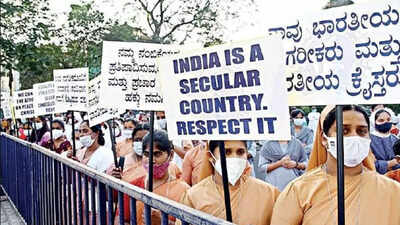
Bangladesh has appointed Nobel laureate Muhammad Yunus to head an interim government following the resignation of Prime Minister Sheikh Hasina, who fled to India amidst nationwide protests. The appointment was announced by President Mohammed Shahabuddin’s press secretary, Joynal Abedin, following consultations with political, military, and civil society leaders.
The political turmoil escalated after Hasina’s administration reinstated a controversial quota system for government jobs, triggering widespread protests that evolved into a broader challenge to her 15-year rule. Critics accused Hasina’s government of human rights abuses, corruption, and electoral fraud. The unrest intensified, resulting in at least 300 deaths over a few weeks and the resignation of Hasina, who left the country as demonstrators stormed her residence.
Yunus, a long-time critic of Hasina, is best known for his pioneering work in microcredit, which earned him the Nobel Peace Prize in 2006. His appointment is seen as a strategic move to restore stability. However, Yunus himself has faced legal challenges under Hasina’s rule, including embezzlement charges, which he and his supporters claim were politically motivated.
The decision to appoint Yunus came swiftly after the Bangladesh Supreme Court’s intervention, which reduced the controversial job quota to seven percent. Despite this, student protests continued, demanding broader political reforms and accountability.
Bangladesh’s history of political instability and military influence underscores the significance of the military’s role in this transition. General Waker-uz-Zaman, the military chief, has temporarily assumed control to ensure order while the interim government is established.
The situation remains volatile, with concerns about further violence and instability. The police association went on strike following attacks on police stations, and student groups have taken to patrolling the streets. The international community, including the EU, has expressed concern over potential violence against minority groups, particularly the Hindu community, which has historically been targeted during political unrest.
As Yunus takes on the role of interim leader, the country faces the daunting task of navigating its way through this crisis and laying the groundwork for a stable and democratic future.





